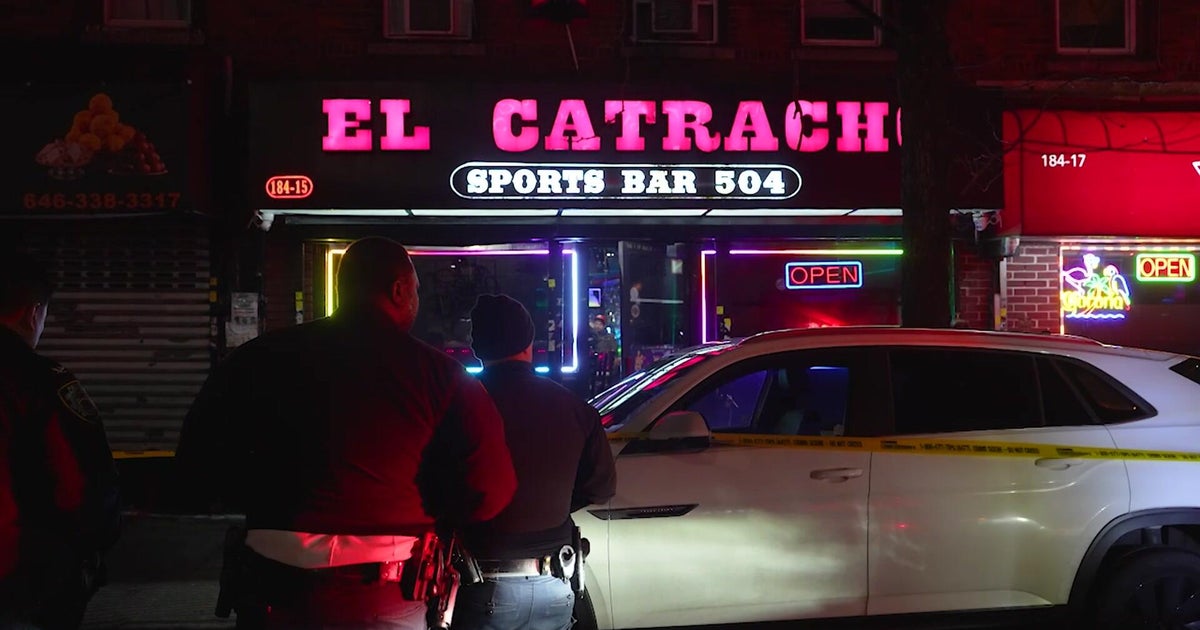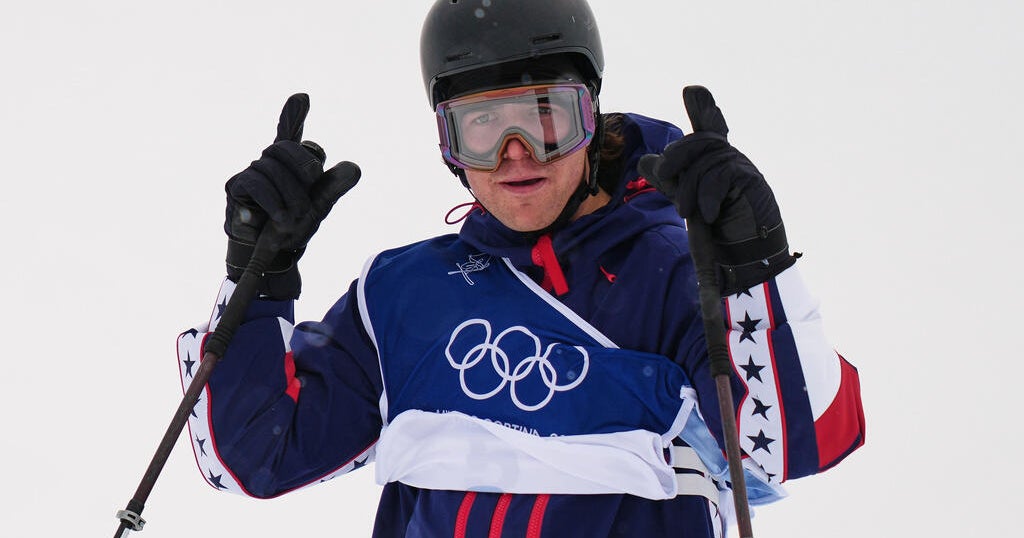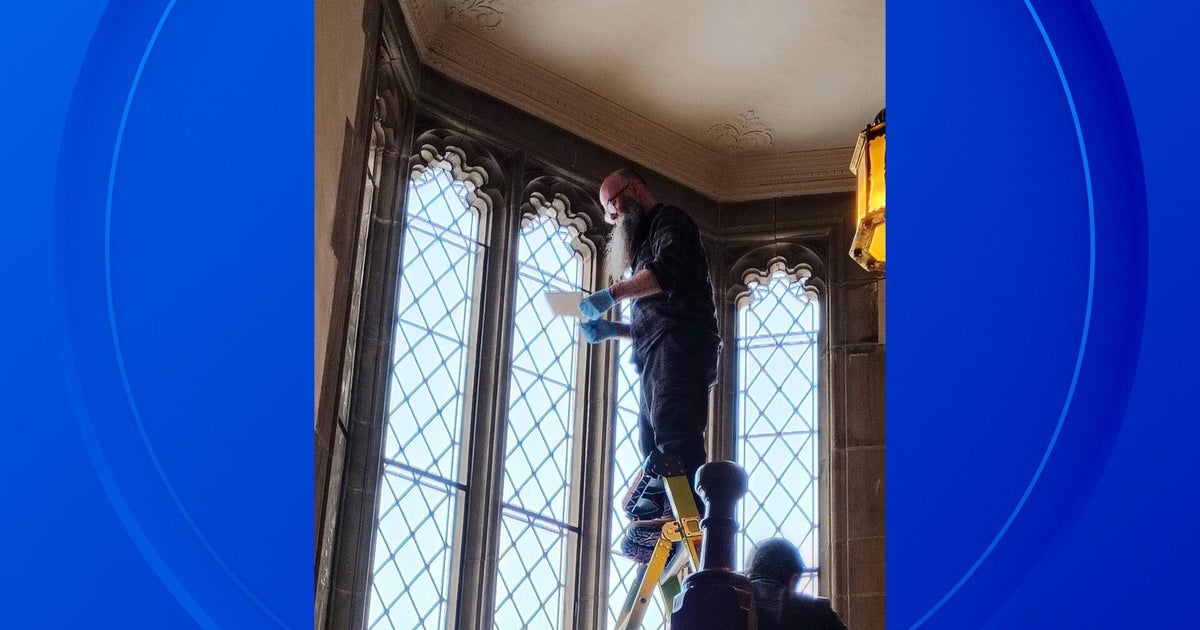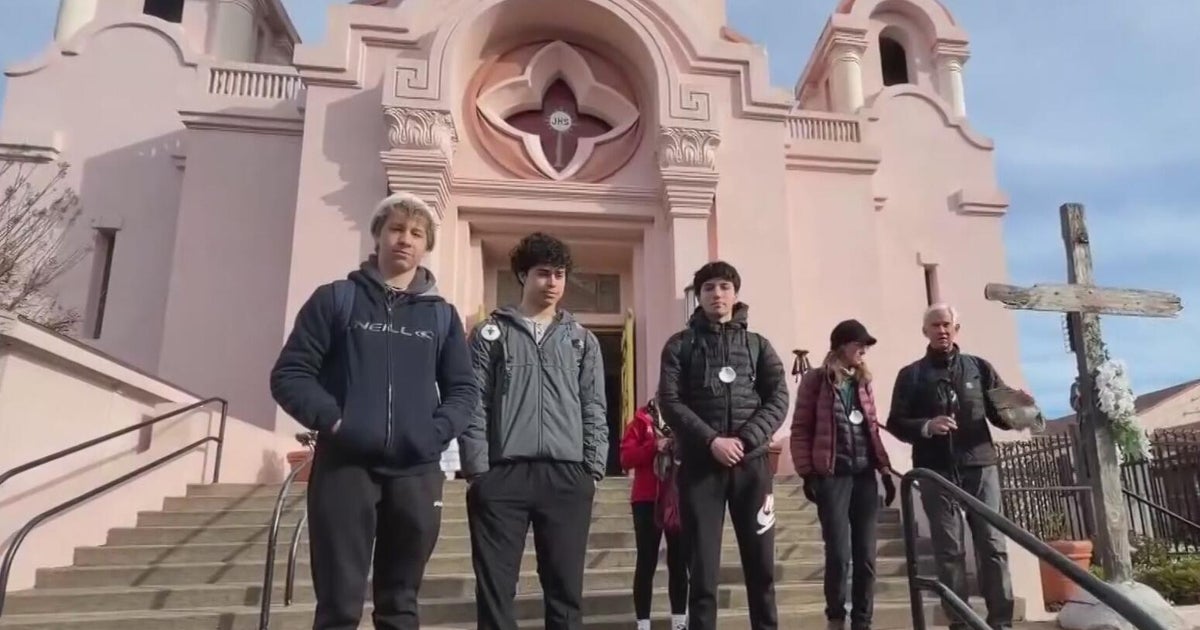ND Trying To Make Stadium Harder On Opponents
TOM COYNE,Associated Press
SOUTH BEND, Ind. (AP) — Notre Dame is trying to turn up the volume in the "House that Rockne Built," put some fight back in the Irish fans and make South Bend a tough place to play again.
The university that prides itself on tradition — the Irish Guard, the "Notre Dame Victory March," the alma mater after the final whistle — has thus far eschewed Jumbotrons and other high-technology glitz to get fans fired up.
But the school where ushers have warned fans about being too loud — yes, too loud — has also started to take a few steps aimed toward moving the fan experience into the 21st century, or at least the late 20th. Last year, it began pumping a little Dropkick Murphys and classic rock into Notre Dame Stadium for the first time.
And the university is trying to find other ways to make the venue a little less hospitable for opponents, with good reason.
Among the teams to win at Notre Dame Stadium in recent years include Navy (twice), Tulsa and a three-win Syracuse team. Overall, Notre Dame is just 18-16 at home since 2007. Those 16 losses are three more than Knute Rockne, Frank Leahy and Ara Parseghian lost at home in 35 seasons combined.
Brian Kelly is 9-5 in less than three years as coach.
Athletic Director Jack Swarbrick has talked about the need to make the stadium more difficult for opponents, saying he's tired of hearing other athletic directors tell him how much they enjoy bringing their teams there.
Notre Dame began trying to change the staid atmosphere last year in the stadium's first night game in 21 years, playing Ozzy Osbourne's "Crazy Train" over the P.A. system when Southern California was facing a third down. It didn't help the team much. USC converted on 7 of 15 third-down opportunities and won by two touchdowns.
Notre Dame officials thought there was more electricity in the air, though, so they're continuing to work to get the crowd involved. When the 11th-ranked Irish (3-0) face No. 18 Michigan on Saturday they will be looking for their fourth straight home victory.
Michigan tackle Taylor Lewan describes Notre Dame Stadium as being "pretty loud," but said it shouldn't be a factor.
"I've played at Penn State, Ohio State and Michigan State and a bunch of other guys have too, so the noise shouldn't affect us," he said.
Michigan coach Brady Hoke doesn't believe the loudness in a stadium is a major factor.
"It's always about the players. I mean, no matter what," he said.
When Kelly was coach at Cincinnati, he challenged the Bearcats' fan to fill the 35,000-seat Nippert Stadium in 2008 for a game against Pittsburgh that he described as the biggest game in school history.
"If that place doesn't have 500,000 people in it, I'm going to be (angry). I'm going to be (angry), because we've done everything to elevate this football program," he said at the time.
Kelly isn't taking the same approach with Fighting Irish fans, indicating he had been criticized before for talking about the stadium atmosphere.
"I continue to believe that if we play great football, if we do the things we did against Michigan State, then it's going to be plenty loud enough in that stadium," he said.
Just in case, the school this year launched what it calls its "Take a StaND" campaign, encouraging fans to stand up and make noise.
"We're looking to give fans cues of when they can do their part and help our team succeed," said Josh Berlo, senior assistant athletic director.
Among the steps Notre Dame has taken is cutting down on the number of announcements it makes during games, giving more time for music, from either the band or through the P.A. It's also trimmed the number of Irish teams from other sports that are recognized at games.
Notre Dame officials also are working to make sure the band, the people playing the commercial music, the people running the message board and the public address announcer are working together to get fans cheering.
"We're making sure we're encouraging our fans to get loud when it makes sense," Berlo said.
Notre Dame also is telling ushers not to try to quell cheering fans, but instead to try to mediate if other fans complain about someone being too loud.
"We want to make sure everyone knows it's OK to stand up and make some noise," Berlo said.
(© Copyright 2012 The Associated Press. All Rights Reserved. This material may not be published, broadcast, rewritten or redistributed.)







